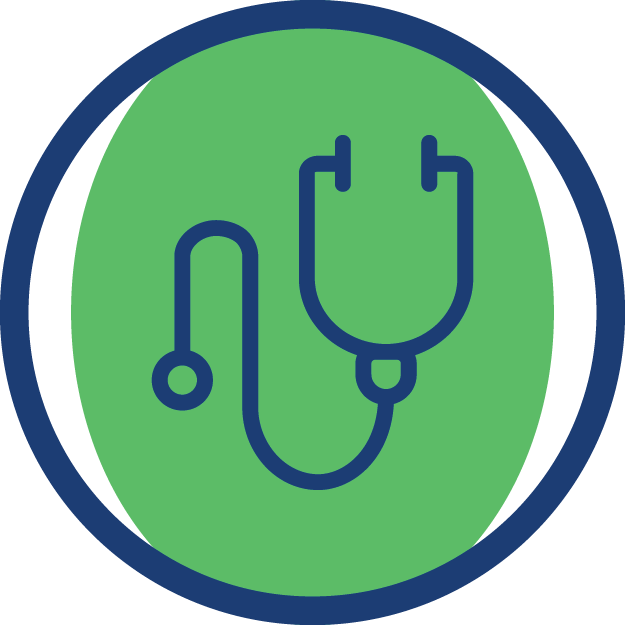California Health Report
By Warren J. Brodine • Jun 26, 2019

Photo credit: iStock.
Julia is a patient at Eisner Health in Los Angeles who has diabetes and is uninsured. Prior to finding Eisner’s clinic, Julia, whose name has been changed to protect her privacy, was paying cash for insulin, the drug used to treat her high blood sugar, at a local pharmacy. Because she couldn’t afford to take her prescribed dose, her diabetes was out of control, and she was at high risk for disease-related complications.
When Julia came to see us at Eisner, our medical team referred her to our clinical pharmacist who provides personalized medication management and patient education. Because Eisner is a non-profit health center, Julia was able to fill her prescription onsite at a cost she could afford. She is now able to take the correct dose to manage her disease and prevent painful and costly complications.
Julia is not alone. When people are uninsured they are often forced, for financial reasons, to go for extended periods without their medications, increasing the risks associated with untreated chronic diseases, such as diabetes and hypertension. Without organizations like Eisner providing intervention and care to low-income and uninsured patients, patients like Julia will suffer disproportionately from poor health outcomes.
Unfortunately, the program that makes these resources available to underserved patients is in jeopardy. In January, Gov. Gavin Newsom signed an executive order with the ambitious goal of consolidating the state’s drug purchasing to leverage volume-based discounts with manufacturers and lower the state’s drug costs.
While clinics like Eisner support the governor’s goal, the order could have the unintended consequence of eliminating the ability of organizations like Eisner to purchase drugs at a steep discount and reinvest savings into patient care. The order will take effect on Jan. 1, 2021.
Our 43,000 patients benefit from pharmacy savings without even realizing it. The savings enable us to provide supportive services that go beyond the typical doctor’s visit. Our downtown Los Angeles campus has an on-site pharmacy, which makes it easier for our patients who do not have reliable transportation to pick up their prescriptions. Pharmacy savings also enable us to hire our own integrated clinical pharmacist—an expert who plays a vital role in managing the health of our diabetic patients like Julia.
Nearly three-quarters of our patients live at or below 150 percent of the federal poverty level, making access to quality health care a challenge. Pharmacy savings are essential to our ability to provide comprehensive, quality care to low-income patients. Eliminating these savings will jeopardize patient access to critical support services such as dental, optometric and behavioral health; potentially close our in-house pharmacy; disrupt access for our patients, and, in the long run, raise costs. Clinics across L.A. County and the state will face similar challenges.
We must find solutions to mitigate the potential negative impact of the governor’s order.
As a result of advocacy by legislative leaders, the new budget requires the state to provide details regarding how it plans to implement the order and its impact on patients. It also requires safety-net providers like Eisner and patient advocates to have a voice in the analysis and planning process.
This is a critical first step in the right direction. The patients we serve deserve nothing less.
Warren J. Brodine is president and CEO of Eisner Health, which operates community health centers across Los Angeles County.
Opinion: Gov. Newsom’s Pharmacy Plan May Harm Community Clinics
